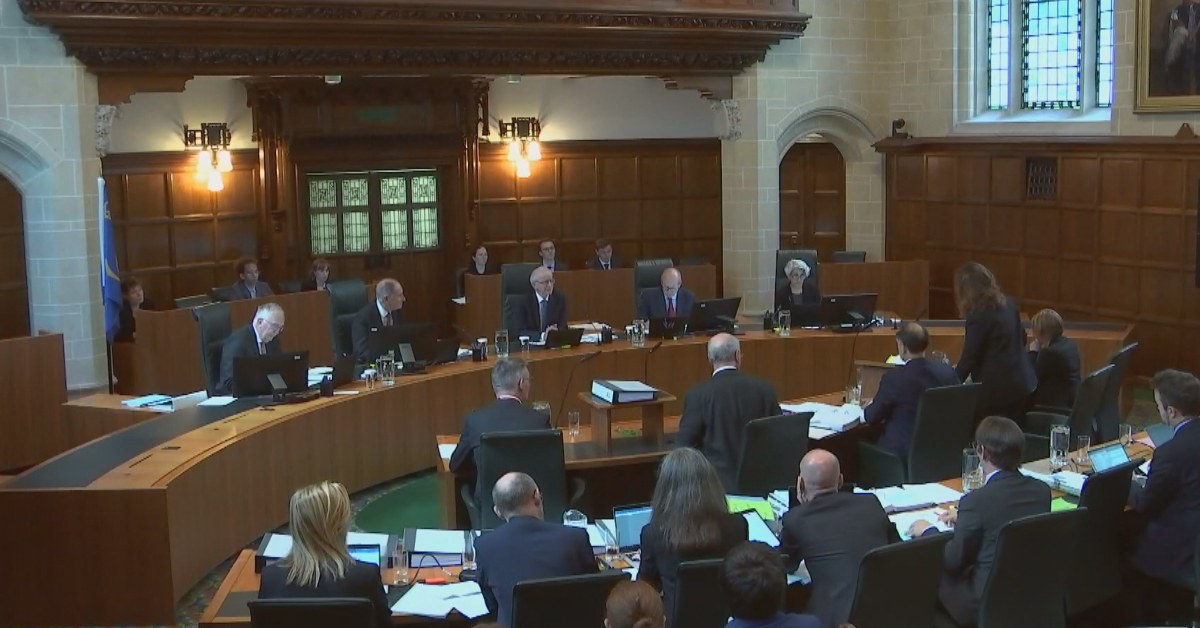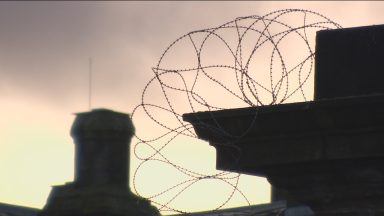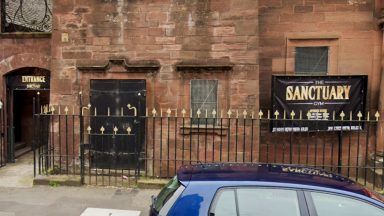Judges on the UK’s highest court have delivered their verdict on whether a Scottish independence referendum can be held without the approval of Westminster.
It is the intention of the Scottish Government to hold a vote on the issue on October 19, 2023.
However, the UK Government argued that the Scottish Parliament does not have the legislative competence to pass a Bill enabling a referendum to take place.
LIVE UPDATES: Supreme Court rules against second Scottish independence referendum
The power to hold a referendum currently sits with the UK Parliament in London.
Under present arrangements, a request for a Section 30 order would need to be made for a referendum on the constitution to be authorised.
This request, if granted, would see a temporary transfer of the necessary powers from Westminster to Holyrood, such as was the case in the lead-up to the independence referendum of 2014.
What has this court case been about?
In simple terms – the Scottish Government wants there to be another independence referendum, while the UK Government is opposed to one.
However, the key issue was that it isn’t clear whether it is possible for legislation to be introduced at the Scottish Parliament in Edinburgh which would allow a referendum to be held.
The reason that this isn’t clear is because it isn’t a point that has truly been tested in the courts before.
There was consent between the UK and Scottish governments back in 2012 over the terms of a vote.
Then then-prime minister David Cameron and then-first minister Alex Salmond signed the Edinburgh Agreement that year which paved the way for the referendum to take place two years later.
However, this time around, there isn’t any appetite from the UK Government for a second referendum to be held.
The view of successive prime ministers has been that the 2014 vote was a “once-in-a-generation” event and that not enough time has passed since then.
But, Nicola Sturgeon has consistently made the case that people in Scotland should be able to decide what future they want, with Brexit having been cited on a number of occasions as the material change in circumstances that means another referendum should take place.
What ruling did the Supreme Court make?
A verdict in the case was announced shortly after 9.45am on Wednesday, November 23.
The UK’s highest court has ruled that the Scottish Parliament cannot legislate for a second independence referendum without Westminster’s consent.
Supreme Court president Lord Reed said on Wednesday: “The Scottish parliament does not have the power to legislate for a referendum on Scottish independence.”
It means the Scottish Government’s top law officer, the Lord Advocate, will not be able to clear the Bill for passage through the Scottish Parliament.
Under the current arrangements, a Section 30 request would need to be made to the UK Government to temporarily transfer the necessary powers from Westminster to Holyrood to allow a referendum to be held.
What could the court have decided?
Judges listened to the arguments put before them by Lord Advocate Dorothy Bain KC (representing the Scottish Government) and by Sir James Eadie KC (representing the UK Government).
They also considered written submissions put to them including from the SNP on behalf of the party.
The court had three options to choose from.
It could rule the Scottish Parliament has the power necessary to hold a referendum on independence.
It could rule the Scottish Parliament cannot legislate for an independence referendum.
Or it could have decided not to rule on the issue – say, if judges believed they could not make a determination on a hypothetical issue.
Regardless of the outcome, it was always unlikely the political debate on the question would come to a conclusion.
What did the sides represented in the case say ahead of the verdict?
The UK Government: “People across Scotland want both their governments to be working together, focusing on the issues that matter to them.
“On the question of legislative competence, the UK Government’s clear view remains that a bill legislating for a referendum on independence would be outside the legislative competence of the Scottish Parliament.
“We have set out our arguments and we await the Court’s judgement.”
The Scottish Government: “There is a substantial majority in the Scottish Parliament in favour of an independence referendum and therefore a clear democratic mandate.
“However, as the First Minister has set out, there remains debate over whether the Scottish Parliament has the powers to legislate to hold a referendum.
“The Lord Advocate’s reference to this question to the Supreme Court was intended to achieve legal clarity on this point.
“We are aware a judgment will be handed down by the Court and ministers will respond shortly thereafter.”
Follow STV News on WhatsApp
Scan the QR code on your mobile device for all the latest news from around the country


 STV News
STV News

























